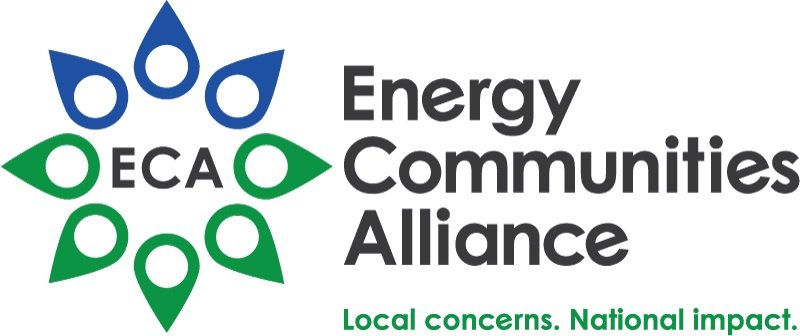Local School Boards and Governments Hosting Federal Facilities Need Critical Funding for Schools, Emergency Services
Communities hope for a smoother process this year
Local school boards joined local governments in communities hosting the Department of Energy’s (DOE) Savannah River Site and Hanford Site to highlight the importance of Payments in Lieu of Taxes (PILT) and ask that they again be included in the FY 2023 DOE budget request for the Office of Environmental Management (EM).
Last year, the Administration’s budget request did not include PILT funding for the communities hosting DOE’s EM-led Savannah River Site and Hanford Site. These payments directly support local school, police, and emergency response funding for frontline communities adjacent to and directly impacted by DOE sites.
Local government officials and superintendents representing school districts surrounding the Hanford and Savannah River Sites submitted a total of four letters to DOE stressing the importance of PILT.
“The PILT is a critical funding source for both our local school districts and communities adjacent to the Savannah River Site,” Gary Bunker, Chairman of the Aiken County Council in SC said. “The PILT makes up for revenue lost due to ad valorem taxes. Our local communities strongly support the critical missions at the Savannah River Site and the continuation of the PILT supports this ongoing collaboration between the Site and the surrounding three county region.”
Shon Small, Chairman of the Benton County Board of Commissioners in WA added, “We have been working since 2015 with Congress, the DOE, and now three successive administrations to try to resolve this issue so that PILT for the Hanford communities can be predictable, sustainable, and reliable for all parties involved. It seems that we bang our heads against the wall every winter during budget season, and it’s very frustrating. Year after year this drains time and energy resources that we could be applying elsewhere.”
Superintendents from the sites’ school districts shared further insight on the impacts of PILT payments.
“Blackville-Hilda Public Schools is the smallest and one of the poorest school districts in South Carolina,” David Corder, Superintendent of Blackville-Hilda Public Schools in SC said. “Each year we strive to continue to offer the best educational opportunities to our children while struggling to maintain financial stability. The loss of PILT funds will further exacerbate our budget shortfalls in a district that has a narrow tax base and only one industry.”
Crystal Stapleton, Superintendent of Barnwell School District 45 near SRS, echoed these remarks.
“Eliminating PILT payments would be even more detrimental to our school systems at a time when schools are facing so many increased challenges brought about by the current pandemic and other educational issues, such as national staffing shortages and increased need for narrowing the academic gaps caused by the disruption to our nation’s educational system during COVID-19.”
Dr. Marcella Shaw, Superintendent of Williston School District 29 in South Carolina, similarly noted the essential functions of PILT payments in her school district.
“The PILT funds are critical to the overall operations of [the school district],” she said. “The funds are utilized to support our general fund budget. A balanced general fund budget affords us the opportunity to equip our schools with the necessary materials, supplies, and tools needed to assure that we meet the overall vision and mission of our district, ensuring that all of our scholars are college and/or career ready.”
The superintendents’ letter goes on to state, “PILT payments support our schools. Without PILT payments, our communities lack the ability to educate children – including the children of the people that undertake the critical environmental cleanup at DOE sites.”
Similar letters sent from the local governments at each site reaffirms the strong support for PILT payments, reading, “As the host communities of one of our most important national security and defense missions, we ask for your assistance and support in ensuring that future DOE budget requests, including for FY 2023, include sufficient funding for PILT payments to our communities.”
